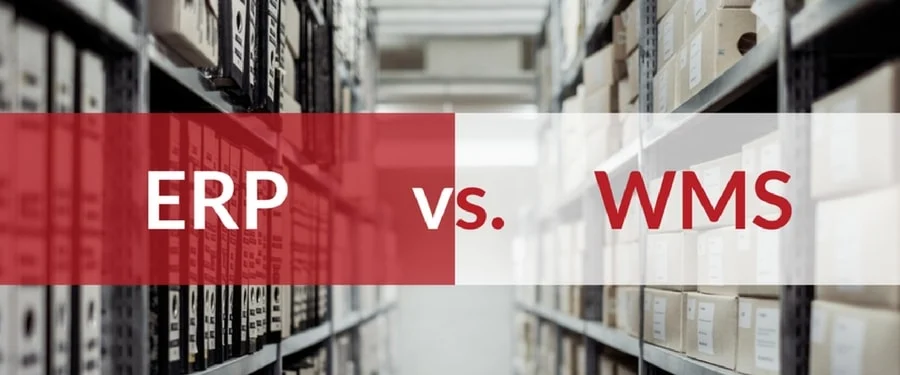Enterprise Resource Planning (ERP) systems serve as the backbone of many businesses by integrating various operational aspects into a cohesive and efficient whole. Understanding erp vs wms is crucial. Unlike specific software like Warehouse Management Systems (WMS) which focus solely on inventory and logistics, ERP encompasses a broader range of functionalities, including finance, human resources, and customer relationship management. By harmonizing these diverse functions, ERP systems help businesses streamline operations, improve data accuracy, and foster collaboration across departments.
Let us delve into the five key functionalities of enterprise resource planning.
Financial Management
ERP systems offer robust functionality for managing a company’s finances. They automate essential accounting tasks such as ledger management, payroll, accounts payable, and accounts receivable. This automation not only speeds up financial operations but also enhances accuracy and compliance with financial regulations. By providing real-time financial data, ERP systems enable managers to make informed decisions quickly, monitor budget adherence, and analyze financial trends effectively.
Human Resources Management
The human resources module within an ERP system simplifies complex HR tasks including recruitment, onboarding, payroll, benefits administration, and compliance management. It centralizes employee data, making it easier to manage and access, thus improving the efficiency of HR processes. This integration helps in better workforce management and supports strategic HR planning by providing comprehensive analytics on employee performance and resource allocation.
Supply Chain Management
ERP systems excel in optimizing the supply chain from procurement to delivery. They streamline the process by automating order processing, production scheduling, and inventory control. This level of integration ensures that businesses can respond swiftly to market demands and maintain optimal inventory levels, reducing costs and avoiding delays. The real-time visibility into the supply chain that ERP provides helps companies anticipate disruptions and adjust operations accordingly.
Customer Relationship Management (CRM)
By integrating CRM functionalities, ERP systems enhance business capability to manage customer interactions from initial contact to post-sale service comprehensively. This integration facilitates a unified approach to accessing and analyzing customer data, enriching customer service with deep insights into customer preferences and behaviors. Businesses can leverage this valuable data to customize their marketing strategies, significantly improving customer retention rates and boosting sales, ensuring targeted and effective customer engagement.
Streamlining Core Processes
Beyond specific functional areas, ERP systems are crucial for streamlining core business processes across the organization. They enable different departments to work from a single database with uniform processes, significantly reducing errors and enhancing overall efficiency. This standardization helps maintain consistency in business operations and improves transparency, allowing for better control and coordination across the company, thus facilitating smoother operational flows.
To sum up
ERP systems are invaluable tools that integrate and optimize various business functions into a unified system. By managing everything from finance and HR to supply chain and customer relationships under one roof, ERP systems not only streamline core processes but also provide strategic insights that drive business growth. For companies looking to improve operational efficiency and achieve a competitive edge, investing in an ERP system offers a comprehensive solution to meet their complex business needs.

